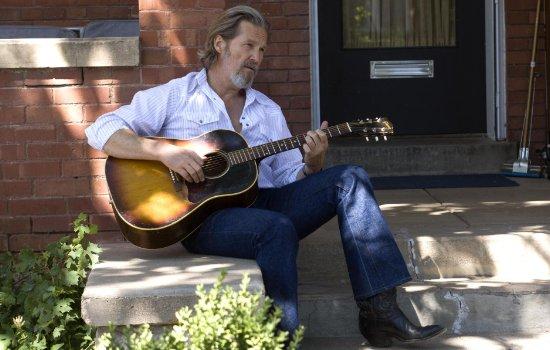| Academy Award Nominations and Winners: |
| ★ | Best Actor: Jeff Bridges |
| Best Supporting Actress: Maggie Gyllenhaal |
| ★ | Best Original Song: "The Weary Kind" |
|
| Golden Globe Nominations and Winners: |
| ★ | Best Actor (Drama): Jeff Bridges |
| ★ | Best Original Song: "The Weary Kind" |
|
| Other Awards: |
| Screen Actors Guild Awards: Best Actor (Bridges) |
| Independent Spirit Awards: Best Actor (Bridges); Best First Feature |
| Los Angeles Film Critics Association: Best Actor (Bridges); Best Original Score (T-Bone Burnett & Stephen Bruton) |
| Boston Society of Film Critics: Best Music |

